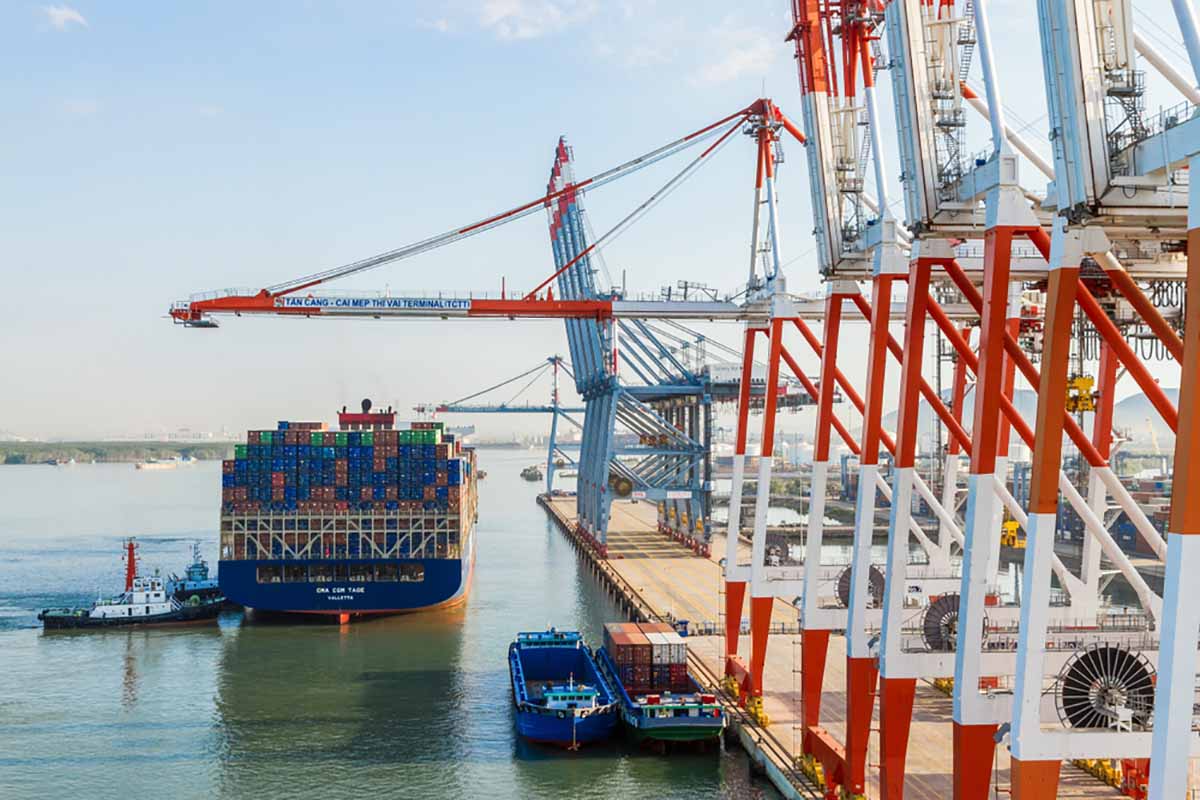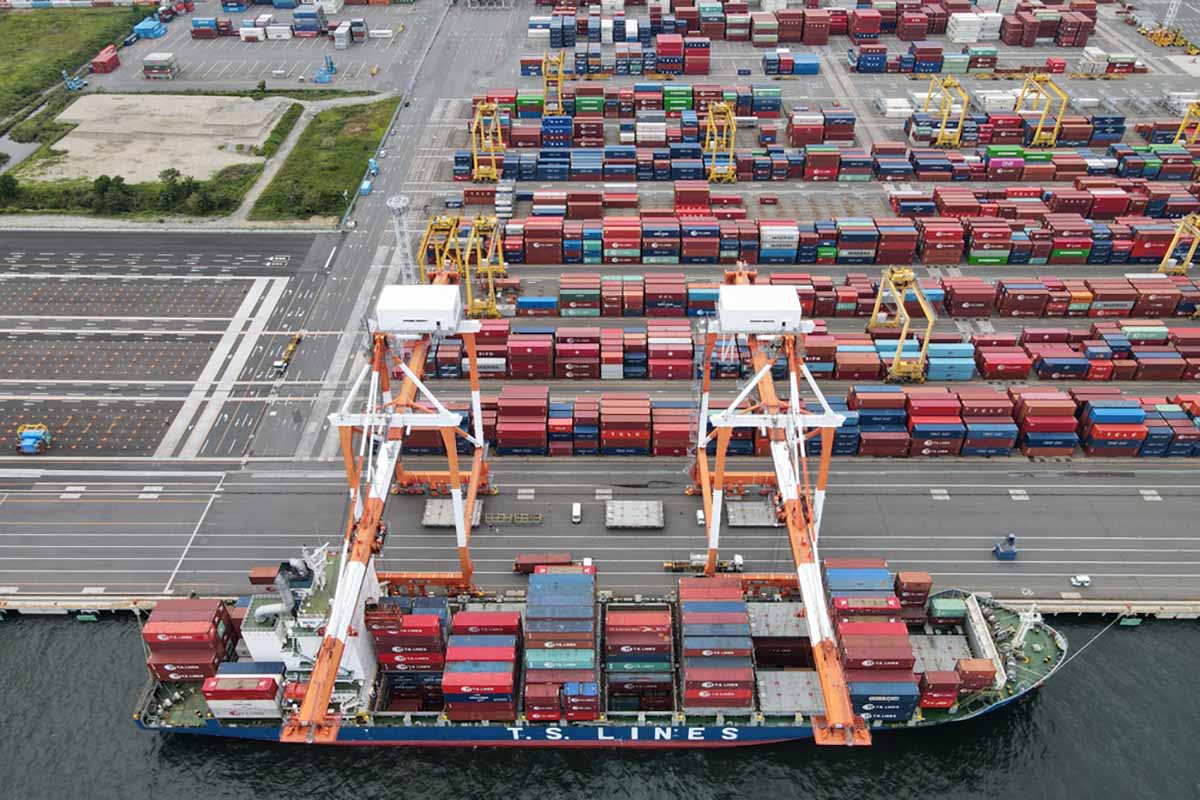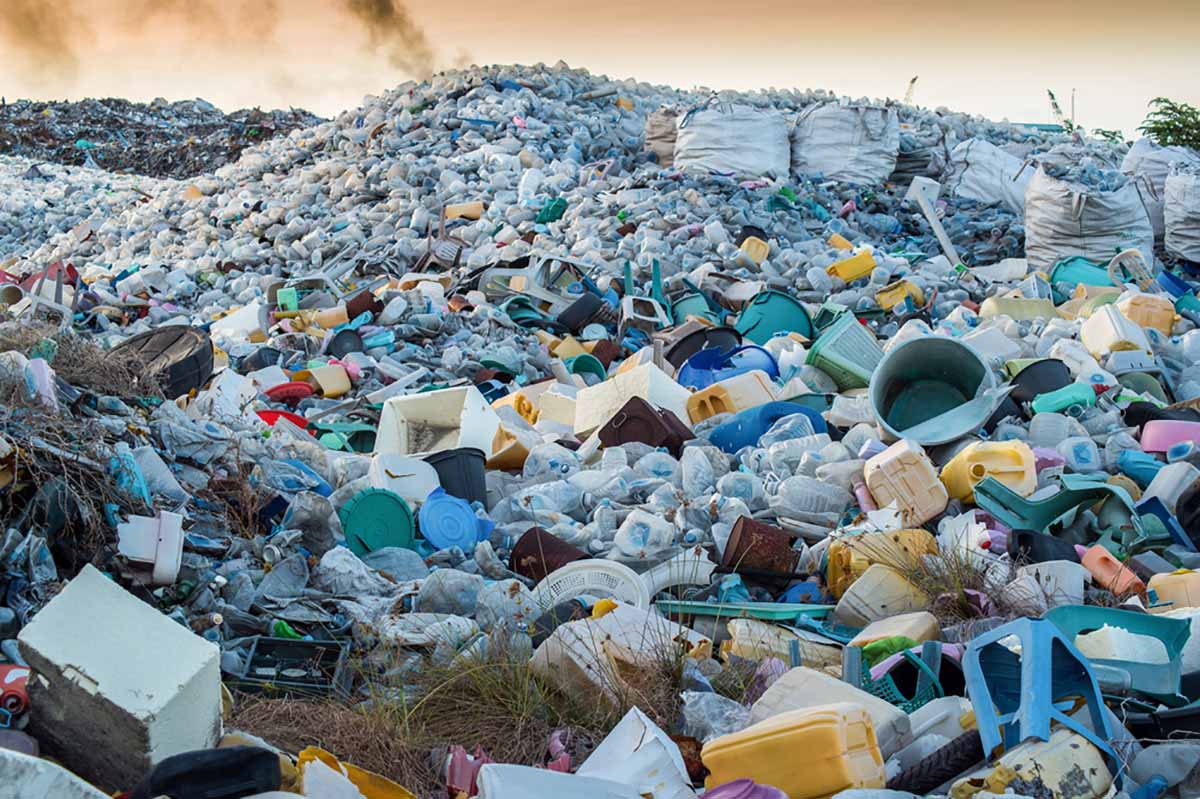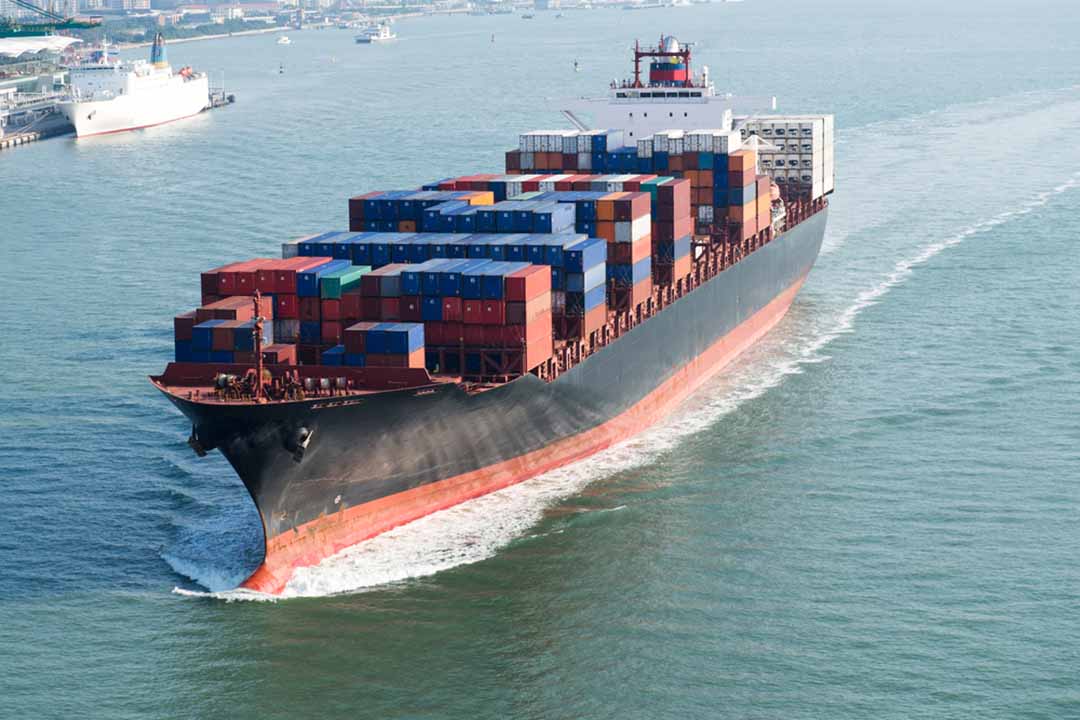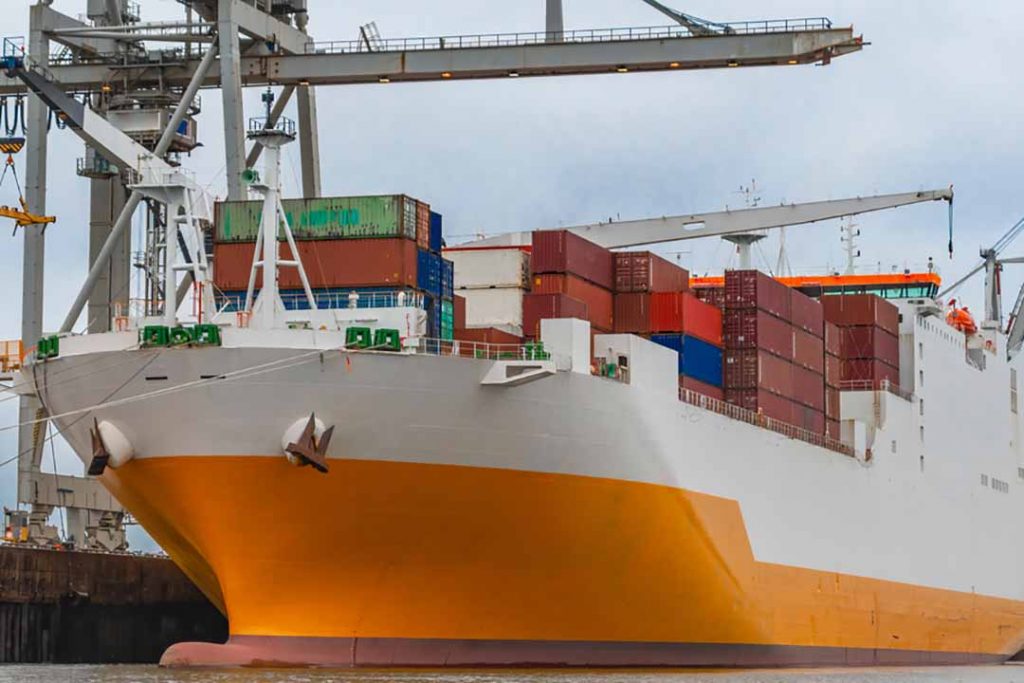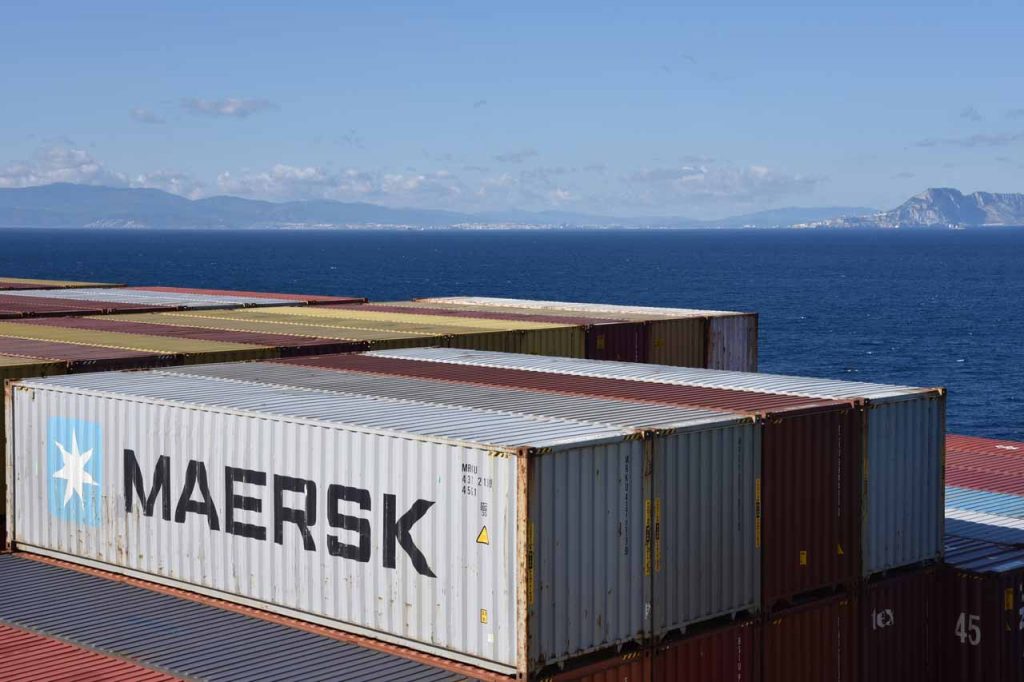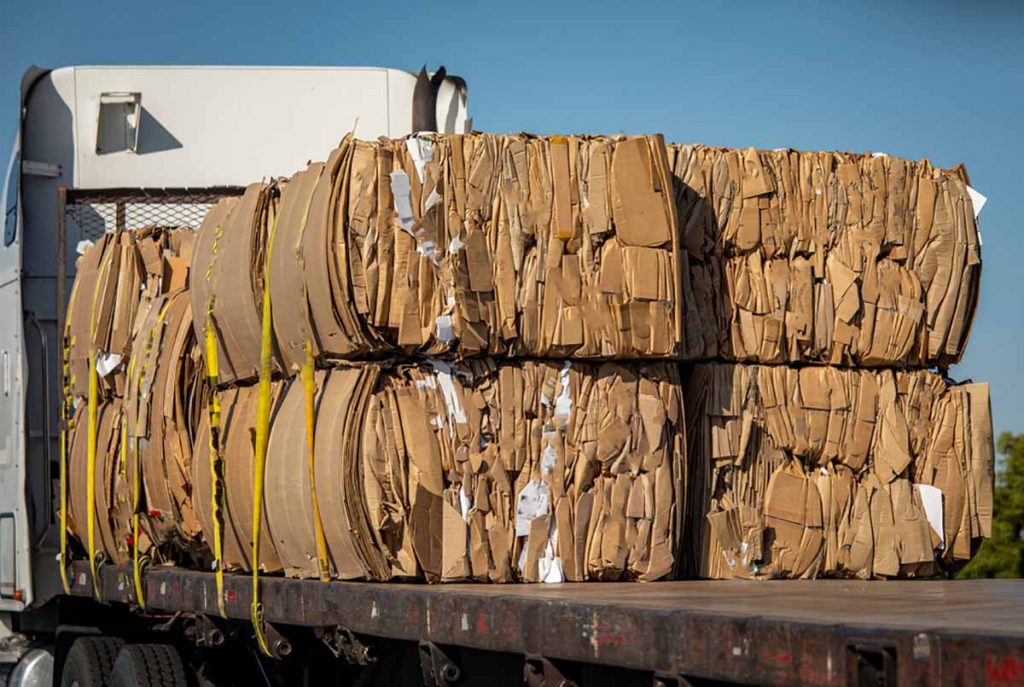
China remains the largest buyer of U.S. fiber, importing 1.86 million short tons during the third quarter. | F Armstrong Photography/Shutterstock
Paper and plastic exports continue to trend lower than in previous years, even as shipments increase to certain countries, recent figures show.


